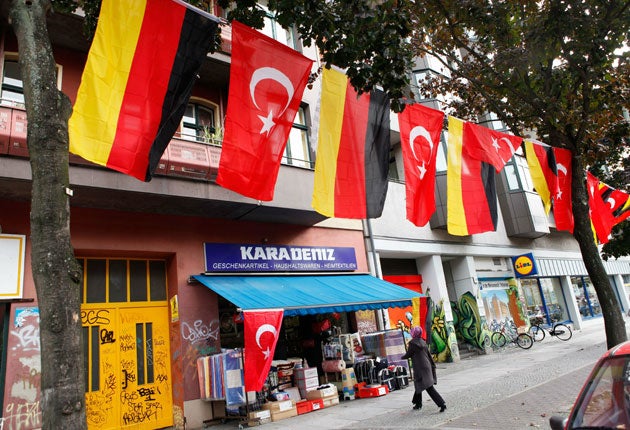How immigrants rescued Germany from doldrums

During the 1950s and 1960s, Germany's post-war economic recovery created huge demand for industrial labour. To satisfy it, Germany signed recruitment agreements with Italy, Spain, Turkey and others to secure foreign "guest workers".
Discouraged from staying more than two years, many returned to their native countries whenever demand for labour slumped. However, those who stayed often brought their families too, and by 1988, around 4.5 million (about seven per cent of the German population) were of foreign nationality.
After the fall of the Iron Curtain, Germany began recruiting more from central and eastern Europe. But when these nations joined the European Union, many Germans feared the labour market would be flooded and a clamp down on temporary work permits ensued.
Meanwhile, the "second generation" was being born. In a change to the law in 2000, children born to foreigners in Germany automatically receive German citizenship, as long as one parent had been a legal resident for at least eight years. Without this new rule, the numbers of foreigners would be tens of thousands higher than current statistics.
Subscribe to Independent Premium to bookmark this article
Want to bookmark your favourite articles and stories to read or reference later? Start your Independent Premium subscription today.

Join our commenting forum
Join thought-provoking conversations, follow other Independent readers and see their replies